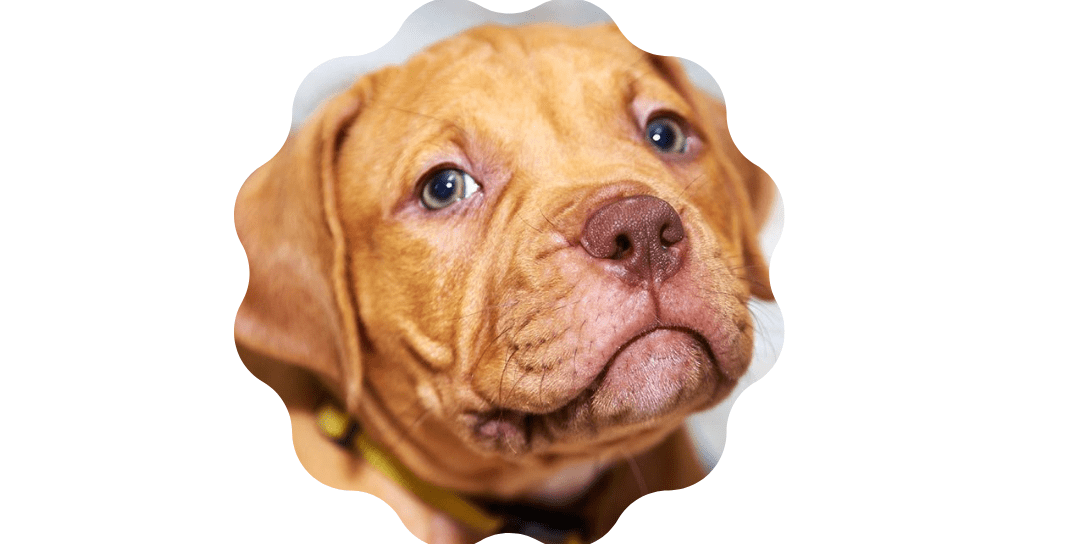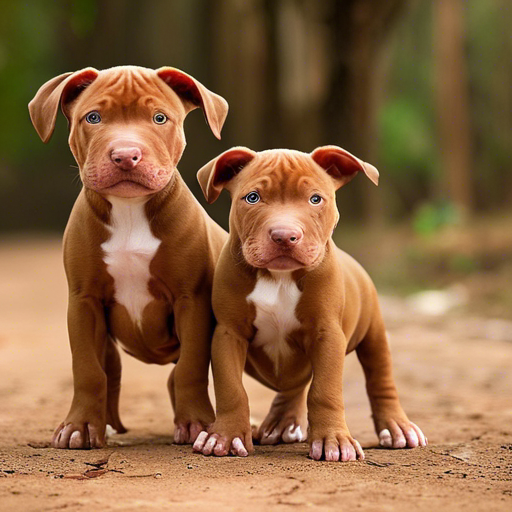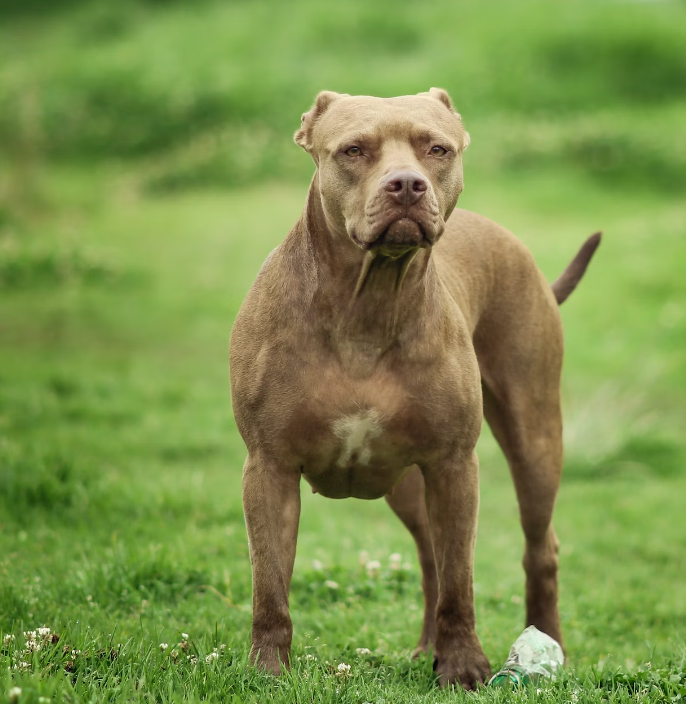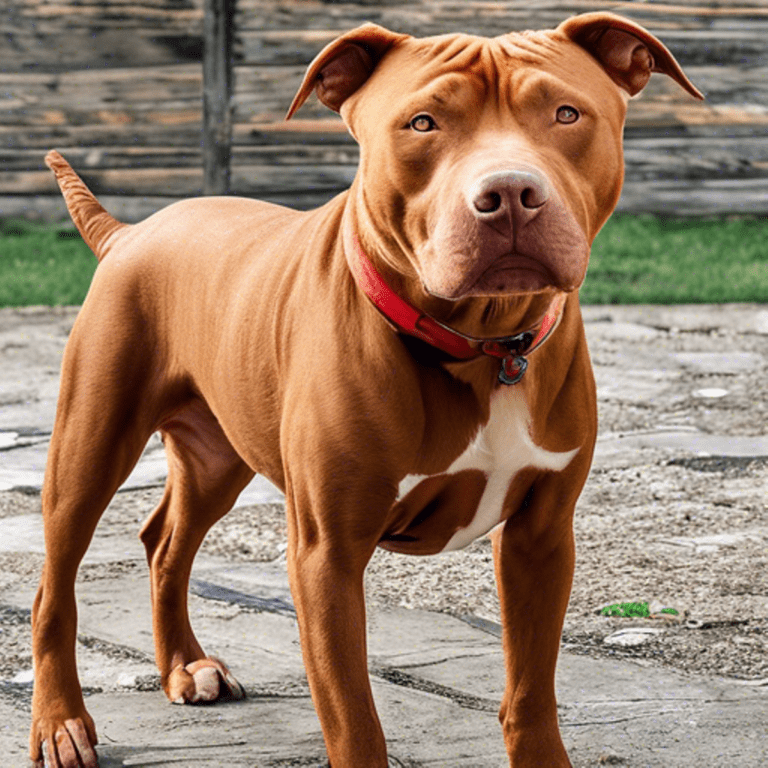Ultimate Guide to Thyroid Problems in Dogs: Keeping Your Pup’s Engine Purring
When it comes to your dog’s health, there’s a tiny secret weapon nestled near their collarbone: the thyroid gland. This butterfly-shaped powerhouse plays a crucial role in regulating their metabolism, energy levels, and overall well-being. But sometimes, things can go awry in this microscopic engine, leading to a cascade of issues known as thyroid problems in dogs. Don’t panic, paw-rents! This comprehensive guide will equip you with the knowledge to navigate this furry world of thyroid woes, from recognizing the telltale signs to ensuring your pup receives the best possible care.
By understanding thyroid problems in dogs, you can empower yourself to become your furry friend’s ultimate health advocate. So, buckle up and prepare to delve into the world of canine thyroids, where we’ll sniff out symptoms, diagnose disorders, and explore treatment options, all with your precious pup’s well-being in mind!
Decoding the Dysfunction: Hypothyroidism vs. Hyperthyroidism
Two main thyroid disorders can plague our canine companions: hypothyroidism and hyperthyroidism. While the names sound similar, their effects are worlds apart.
Hypothyroidism: thyroid problems in dogs
Imagine your dog’s thyroid gland as a sluggish sloth. In this case, it churns out insufficient thyroid hormones, leaving your pup’s metabolism in low gear. Think lethargy, weight gain, and a dull, patchy coat. This is the most common thyroid problem in dogs, especially Golden Retrievers, Dobermans, and Schnauzers.
Hyperthyroidism: thyroid problems in dogs
Now picture your dog’s thyroid gland as a caffeine-fueled rocket on overdrive. It pumps out an excess of hormones, sending your pup’s metabolism into hyperdrive. Expect symptoms like frantic energy, weight loss despite increased appetite, bulging eyes, and a racing heart. While less common, this condition often affects terriers like Yorkies and Miniature Schnauzers.
Unmasking the Mystery: Signs & Symptoms
Both hypo and hyperthyroidism present a constellation of clues. Keep an eye out for these red flags:
Hypothyroidism:
- Excessive weight gain without increased appetite
- Fatigue and low energy
- Dry, dull, and patchy fur
- Skin problems like dryness or recurrent infections
- Intolerance to cold
- Mental dullness and decreased alertness
- Muscle weakness and stiffness
Hyperthyroidism:
- Weight loss despite increased appetite
- Excessive thirst and urination
- Diarrhea and vomiting
- Anxiety and hyperactivity
- Trembling and shaking
- Bulging eyes and rapid heartbeat
- Hair loss on the tail and ears
Diagnosis: Cracking the Case
If you suspect your dog might have a thyroid issue, schedule a visit to your veterinarian. They’ll likely perform a thorough physical examination followed by several blood tests to measure thyroid hormone levels.
Treatment: Restoring Balance
Thankfully, both hypo and hyperthyroidism are manageable with proper treatment.
Hypothyroidism:
This usually involves daily medication with synthetic thyroid hormones, helping restore metabolism and alleviate symptoms. Regular monitoring and dosage adjustments are crucial for optimal results.
Hyperthyroidism:
Depending on the severity, treatment options can include medication, radioactive iodine therapy, or even surgery. Addressing the underlying cause, like thyroid tumors, is essential for successful management.
Prevention: Taking the Precautionary Paws
While there’s no guaranteed way to prevent thyroid problems, responsible pet ownership can make a difference:
Regular veterinary checkups:
Early detection and diagnosis are key for successful treatment.
Healthy diet and exercise:
Maintaining a healthy weight and active lifestyle can positively impact your dog’s overall health.
Minimize environmental toxins:
Reduce exposure to harsh chemicals and pesticides that can disrupt thyroid function.
Living Well with Thyroid Dogg’s :
Remember, a thyroid diagnosis doesn’t have to dim your dog’s sunny disposition. With proper care and a supportive paw-rent, your furry friend can enjoy a long and happy life, their thyroid engine purring smoothly once again.







